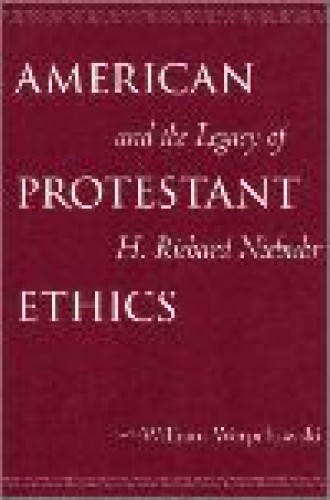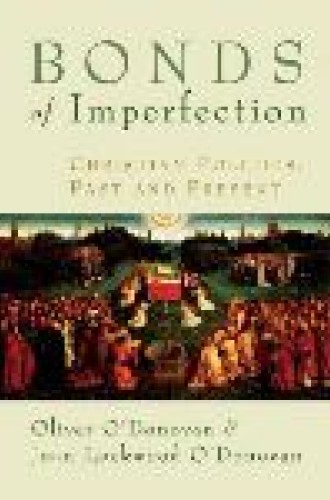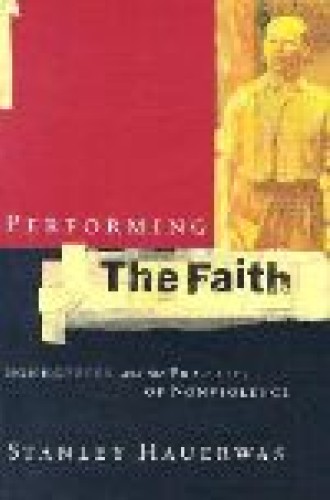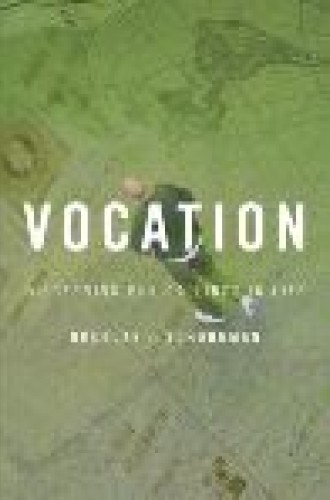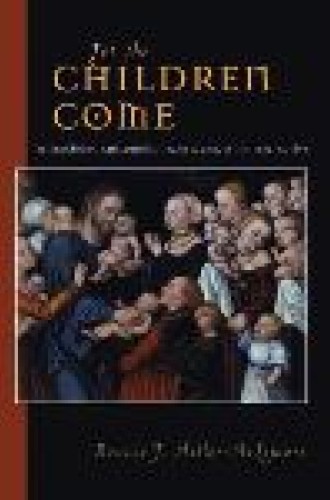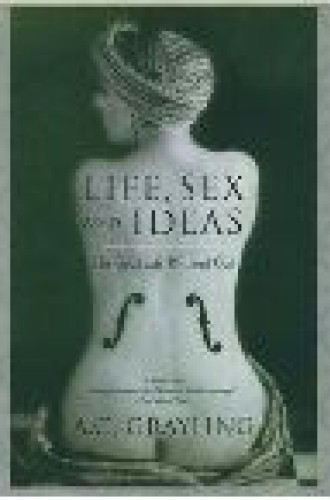Take and read
Christian ethics, like other theological disciplines, constantly rethinks its history in light of current problems. Hollenbach continues this effort with a focus on the tradition of Catholic moral theology. He sees Catholic social thought as the starting point for a social ethics that can be global and ecumenical without losing its Christian heritage or its relevance to American politics. His newest book continues to build the case for Christian political participation that he set out in The Common Good and Christian Ethics (Cambridge University Press, 2002).
Werpehowski develops his reassessment of Protestant ethics by tracing H. R. Niebuhr’s influence on four writers: Paul Ramsey, James Gustafson, Stanley Hauerwas and Kathryn Tanner. Taken together, Hollenbach and Werpehowski provide a comprehensive look at the discipline of Christian ethics, where it has come from, and how it is developing.
Some of the most important writing in recent Christian ethics re-examines the relationship between Christianity and modern democracy. Jeffrey Stout finds the strength of American democracy in forms of piety and virtue that have religious roots, and he criticizes both secularist exclusions of religion and religious withdrawals from politics.
The O’Donovans take a more critical view of the relationship between Christianity and modern politics. They base their criticisms on a review of the whole history of Christian political thought, where they find important alternatives to modern understandings of political authority and Christian citizenship.
Hauerwas has been the origin and focus of much of the present-day argument about the relation between Christianity and society. In his latest book he states his position in some new ways, placing it in relationship to the thought of others who have influenced and responded to his work. Only the first two essays are primarily about Bonhoeffer.
Elshtain’s “realistic” Christian approach has been controversial, and there will no doubt be other book-length works that take a different position on the war in Iraq. However, Elshtain sets a high standard for sustained examination of the issues and provides a baseline against which future ethical assessments of the war on terrorism will be measured.
Studies of vocation and professional ethics have developed rapidly in recent years. Schuurman puts the issues in a theological context. His comprehensive treatment is focused on the Reformed tradition, but it is illuminating for other settings as well. The extensive bibliography provides a good guide to further study.
Because children don’t write books, our thinking about childhood doesn’t always keep pace with our thinking on topics such as work, family, gender roles and marriage. Miller-McLemore provides “a practical theology of children” that helps us to examine theological and social issues in terms of how we understand children and childhood.
Those who spend their time thinking about the relationship between God and the moral life need occasionally to read someone who doubts there is such a relationship. Grayling explores a wide range of issues from a determinedly secular philosophical perspective. While he is convinced that God does not exist, he does not believe that this means everything is permitted. Other philosophers offer more systematic treatments of nontheistic ethics, but Grayling provides brief, provocative challenges to conventional ways of thinking that may also inspire theological reflection about the alternatives.



